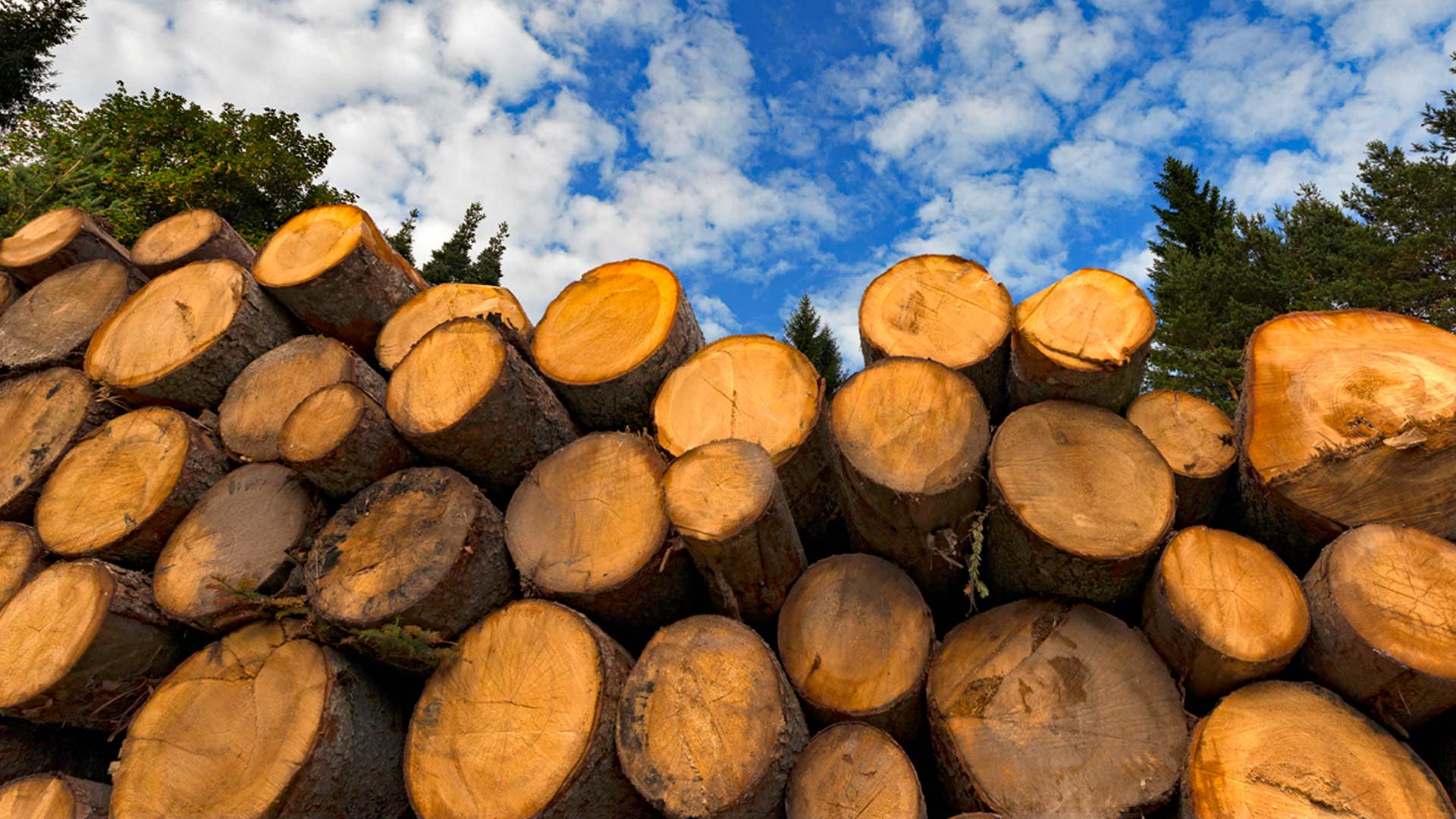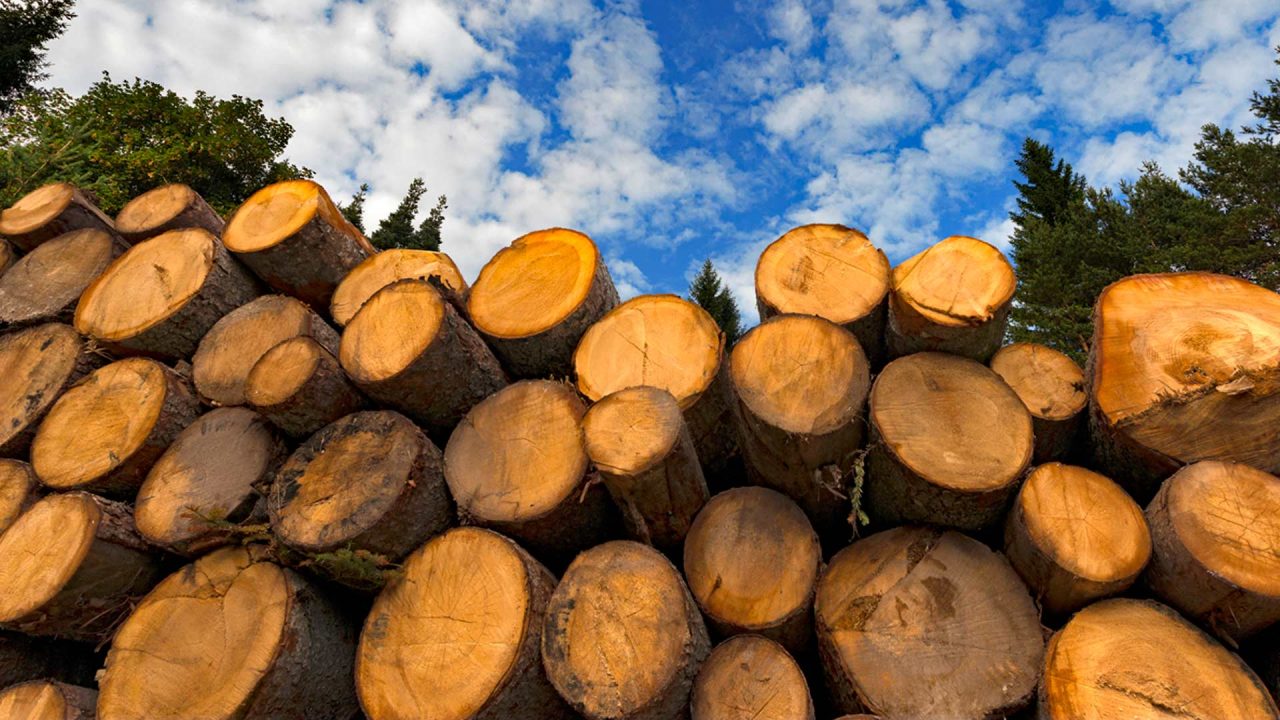
In a reversal, the U.S. Department of Agriculture Forest Service issued a final repeal of the 2020 Alaska Roadless Rule.
The move formally reinstates the 2001 roadless rule in the Tongass National Forest, and effectively prohibits timber harvest and road construction within designated Inventoried Roadless Areas.
Gov. Mike Dunleavy said the decision is major loss for Alaskans.
“It’s yet another way the Biden administration is singling out Alaska,” he stated on Jan. 25. “Alaskans deserve access to the resources that the Tongass provides – jobs, renewable energy resources, and tourism, not a government plan that treats human beings within a working forest like an invasive species.”
The Tongass covers more than 17 million acres and is the largest forest in the country. More than 71,000 Alaska residents and the capital city of Juneau are encompassed by the forest.
“It marks another bitter chapter in this long-running saga, once more forcing the state and its citizens to pay the costs of near-absolute preservation.”
Alaska Attorney General Treg Taylor
In 2020, former President Donald Trump exempted portions of the Tongass from the Clinton-era roadless rule which had hindered industry and lead to job losses in Alaska. Biden has reversed this.
A release from the USDA justified the decision to reinstate the Roadless Rule, claiming it was critical to fighting climate change and preserving “resources of the Tongass, especially when it comes to the values that roadless areas represent for local, rural communities, Alaska Native peoples, and the economy of Southeast Alaska.”
Alaska Attorney General Treg Taylor begged to differ.
“This unfortunate decision is a blow to the economic and socioeconomic development of Southeast Alaska,” he said. “It marks another bitter chapter in this long-running saga, once more forcing the state and its citizens to pay the costs of near-absolute preservation. It denies them the most basic and fundamental developments of society, which are taken for granted in nearly every other part of the country.”
Numerous environmental safeguards currently ensure that economic survival is balanced with conservation practices and resource protection.
ALASKA WATCHMAN DIRECT TO YOUR INBOX
“Alaska’s communities and our regional needs are vastly different than the rest of the nation, and this should continue to be recognized though a common-sense management approach in the Tongass National Forest,” said DNR Deputy Commissioner Brent Goodrum. “The State’s unique and targeted exemption to the sweeping national Roadless Rule was a successful example of public policy allowing appropriate access in a small fraction of the immense Tongass. Continued access would have enhanced subsistence, energy security, recreation, transportation, resource development, and public safety in a multiple-use forest for the direct benefit of the people of Southeast Alaska.”
The former 2001 Roadless Rule remains a national, one-size-fits-all regulation that restricts opportunities for Alaskans who live and work in the Tongass region. Both the State and Alaska’s Congressional Delegation have worked over six consecutive terms of governors to exempt the Tongass from the 2001 Roadless Rule.








21 Comments
It may be time to defy the federal government overreach… and just continue what we need to do to develop our land. It is unsustainable to comply with the miles of restrictions coming from DC. We are stronger people than that.
Like Californians “allowing” constant cycle of fires, erosion -that leading to huge waste of top soils, mudslides. Loss of life and property. This 5th generation Californian has watched the ridiculous, criminals give rich a pass to build up in canyons, yet not spend the Billions and billions already paid in y taxpayers for select logging, removal of ‘some’ deadwood, and intrusive dry scrub in favor of replanting native species of grasses and brush that is fire resistant. My experience with the Spruce Bark beetle infestations on Kenai peninsula has taught me ‘common sense’ steps work wonders.
I wholeheartedly agree with Scott. Trees are being cut down all over the world to facilitate the proliferation of 5G. AND It is time for the USA & the world to recognize that the biggest pollutant on Earth is WAR, bar none!! Congress and the Biden administration are contributing enormously to world pollution by supplying war material to the Ukraine, not to mention the destruction to the people, the farmland, and the world food supply. Logging & developing Alaska’s resources will absolutely not contribute one little bitty bit to climate change, especially compared to our endless, senseless, unceasing wars. FACT!
Can anyone reading this tell me of another state that the most of ots lands are federal? Why hasn’t the federal government issued a release of our lands to our state? Oh and while we’re at it how about the state to tge bourghs so we the peoplecan buy land and build on it like another place in the USA. Now this article and the Biden administration hasn’t clue about Alaska and our delegates (Lisa, Dan, and Mary) don’t seem to care enough about us to fight for us anylonger. It’s not in the best interest of the liberals agenda. Why can’t we have representation in D.C.? I’m calling for all conservatives in the state of Alaska to come together and let’s find a way to get rid of no representation in D.C. and get some people in Congress to support our state. Now is tge time. In two years we’ll have another election. Let’s learn this RCV garbage and beat the liberals at their own game. Ok im stepping off the soap box. NOW!
Let’s repeal RCV instead of learning it! It cannot be learned…it has to be repealed…NOW! Write a letter to Rep. Rauscher and Vance to repeal HB1 and HB4….letters work better than calls or emails!…120 Fourth St..Capitol Bldg. Rm.412 and 424…Juneau..Ak…99801! Send lots of letters!!
Love how you admit conservative voters lack the common sense to understand RCV. Being stupid isn’t everybody else’s fault, sweetie.
There is no “common sense” in today’s world. Just like common core match, which apparently is based on 1984 upside-down idealogy, the globalist’s sense of common sense is upside down and full of nothing but lies. RCV has to be removed! Truth will prevail.
Typo in my previous comment, “Just like common core match” is supposed to read, “Just like common core math.
Amie, I just saw this post and wanted to share this with you. “Something worth noting. The Rothschild occult family derives power from the central bank debt system that is currently on the brink of destruction…What happens if that slave system collapses What happens to their power? When would that occur? It feels like something is going to have to break. It all feels..Biblical.” -ULTRA Pepe Lives Matter
There is no ‘learning’ with RCV – it is not voting. Voting is casting a vote for for someone you want to be elected. RCV attempts to force you to vote for someone you do not care to have elected. That is not voting, It is a shell game. Do not refer to it as voting nor think there is anything to learn.
Several Western states have excessive federal land control. The federal government claims ownership of 27.1% of the lands in the United States.. That’s over one fourth of the nation’s lands… 615.3 million acres.. 80.1% of the state of Nevada is under federal control.. I think the federal government lays claim to a lot of land that it is not supposed to … In the state of Alaska, it is 222,666,580 under federal control.. That’s 60.9 % of the state. Here is a state by state breakdown: https://ballotpedia.org/Federal_land_ownership_by_state
That is a shocking list! It looks like the Feds and the States have locked up a lot of prime land in states with resources. Alaska’s people gave up their mineral rights for a PFD. Now, the government is taking back the PFD money and all of the oil, gold, copper, and whatever ever else is being mined and Alaskans will be left with nothing. Money is the root of all evil!
It is amazing to think that the leadership of this country claims to know science. They say they know the truth about carbon dioxide, but leave out its benefits and its true origins. We wouldn’t eat or live without CO2. Higher CO2 levels produce more green vegetation, if that is woods or food. Ask the farmers, they pump CO2 into green houses to get better yields in crops.
In the case of shutting down logging , it is sad, that they think old wood needs to be preserved in order that we do not increase the CO2 in the atmosphere, they didn’t learn that young trees absorb CO2 at much higher rates than old ones. And as an added bonus the logging industry preserves the wood they harvest, by selling it for building materials, which means this wood will not release its carbon dioxide for decades or longer. So it is ludicrous to think that this law will save anything. It is designed to hurt our economy.
One wonders, why does a government want to hurt its own people?
I have no doubt why the government wants to hurt its own people: democide, genocide, eugenics – call it whatever you want; but they want us all dead because they believe that they are the chosen [evil]. Going to be interesting to find out what history writes when the truth is revealed to mankind and the chosen evil are taken out of power.
Amie Rothschild consercatives are far from stupid but we don’t cheat the way the left does.
Every summer we have forest fires at times all summer here in the Interior of Alaska. What about that pollution? Sometimes we cannot breathe up here and the elderly have to stay indoors. Aren’t forest fires pollution? Notice that the environmentalist ignore those facts. If logging was able to be done, it would lessen the number of fires. Since when do people on the east coast and big cities have any clue about making logging decisions. Should cities covered with asphalt know how to manage the Tongass Forest? Should those making the decisions for us in DC,, New York, and east coast cities be the experts on the lands in Alaska? Ridiculous. Climate control is a lie through and through and these environmentalists full of fear are making the decisions for the rest of us….
Satan is in our government, if you don’t believe me then provide why insanity has overtaken common sense!!!?
We need a revival not more “religious people”!!!!!
REPENT!!!
First item is to finally settle the state lands issue with the feds. The feds have used the native communities as an excuse for too long. The second item is to finally get reasonable representation in DC that will quit being dictated to by the environmental extremists who presently run the world. Third item is restore the one vote system and get rid of RCV. The elitist comment above shows the real contempt for people that the Left has. If we don’t think like them we are “stupid.” final item: let’s restore democracy by allowing all opinions to be heard. Enough with the cancel culture.
All of this insanity has little to do with science. Power and control and removing any power from those that do not agree with them. They are their own ‘gods’. Common sense and reason not essential.
James Madison- Federalist 45:
“The powers delegated by the proposed constitution of the federal government, ARE FEW AND DEFINED. Those which are to remain in the state governments, ARE NUMEROUS AND INDEFINITE. The former (federal government) will be exercised principally on external objects, a war, peace, negotiation, and foreign commerce; with which last the power of taxation will, for the most part, be connected. The powers reserved to the several states will extend to all the objects, which, in the ordinary course of affairs, concern the lives, liberties, AND PROPERTIES OF THE PEOPLE; and the internal order, improvement and prosperity of the state.”
Typical Fed-Gov overreach for the sake of control and to satisfy the greenies.
The Tongass Land Management Program (TLMP) originally set aside 10% of the total forest for harvest.
Since the 50’s there has been, the last I knew, less than 3% of that actually harvested. The majority of the Tongass is basically only good for pulp. The radical enviro-mental-ists shut all the pulp mills down a long time ago. Go figure.
“Alaskans For Global Warming”